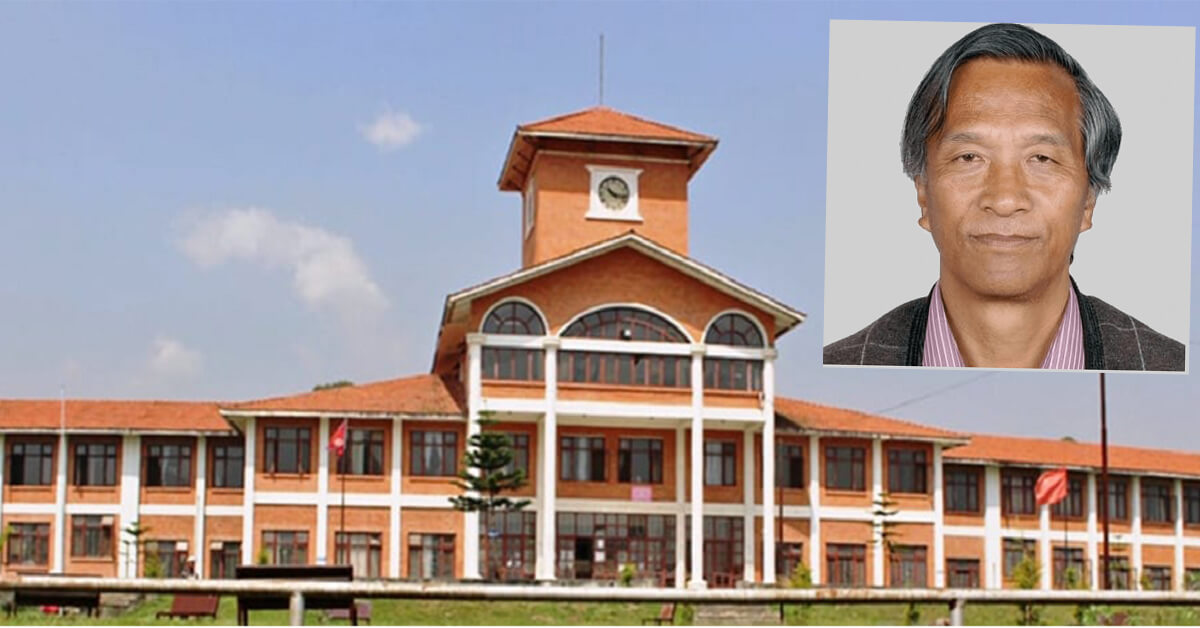
Tribhuvan University Considers Shifting Bachelor's Program to Three Years, Announces VC Prof. Dr. Kesharjung Baral
Kathmandu, Nepal – In a significant announcement that could reshape the future of higher education in Nepal, Tribhuvan University's Vice-Chancellor, Prof. Dr. Kesharjung Baral, has proposed a reduction in the duration of the bachelor's level programs from the current four years to three years. This proposal, aimed at aligning the university's curriculum more closely with international standards, has sparked discussions among students, educators, and stakeholders across the nation.
During a recent meeting with department heads, faculty members, and administrative staff, Prof. Dr. Baral outlined the reasons behind this pivotal proposal. He cited the increased financial burden on students and their families, operational challenges faced by the university, and the desire to align more closely with the three-year undergraduate programs prevalent in many countries, including neighboring India and several European nations, as key factors driving this initiative.
Enhancements and Flexibility for Students
Understanding the global landscape of higher education, Prof. Dr. Baral also highlighted plans to introduce flexible pathways for students aspiring to study abroad in countries where a four-year undergraduate degree is the norm. This includes the possibility of an additional one-year honorary degree program that students can opt for after completing their three-year course, ensuring they remain competitive on the international stage.
Moreover, the proposal takes into account the unique requirements of various disciplines. While the general shift would see most bachelor's programs moving to a three-year model, certain specialized fields may continue to offer four or even five-year courses to maintain the depth and quality of education.
Strategic Development and Academic Integration
Prof. Dr. Baral's vision extends beyond curriculum adjustments. He emphasized the need for restructuring the university to enhance efficiency and effectiveness, rather than expanding its physical footprint. This includes making education more accessible and relevant by linking academic programs closely with real-world applications, production, and market needs. Additionally, he proposed integrating Nepal's rich traditional knowledge into the university's academic research and studies, preserving the country's cultural heritage while enriching students' learning experiences.
Implications and Next Steps
The proposal has initiated a broad conversation about the future of higher education in Nepal. It reflects a strategic response to the evolving needs of students, the workforce, and the broader society. As discussions continue, the university community awaits further details on the implementation of this transformative plan. Tribhuvan University stands at a crossroads, with the potential to significantly impact the educational landscape in Nepal and beyond.
This announcement marks a significant moment for Tribhuvan University as it seeks to adapt to the changing demands of higher education and prepare its students for success in a global context. Stakeholders are encouraged to participate in the ongoing dialogue as the university charts its course towards these ambitious reforms.
Tribhuvan University




